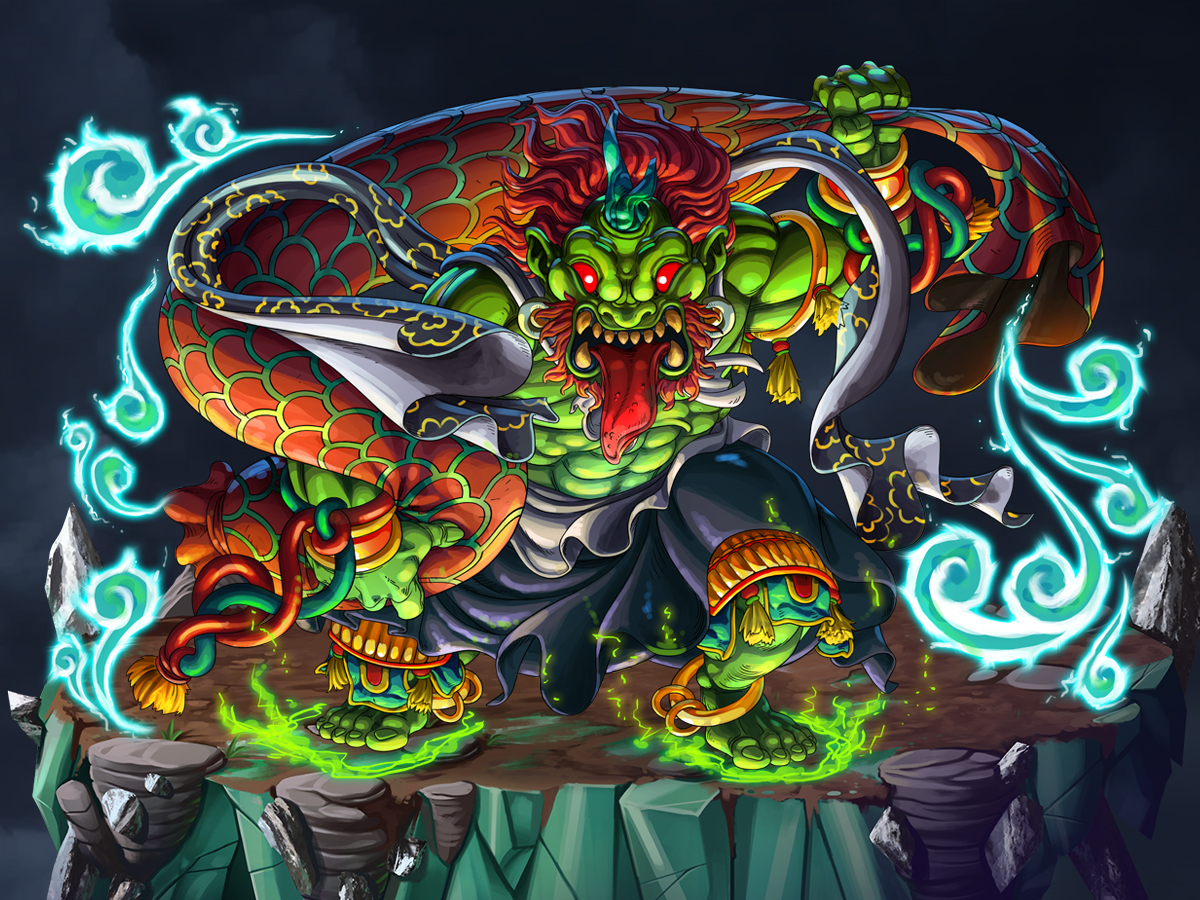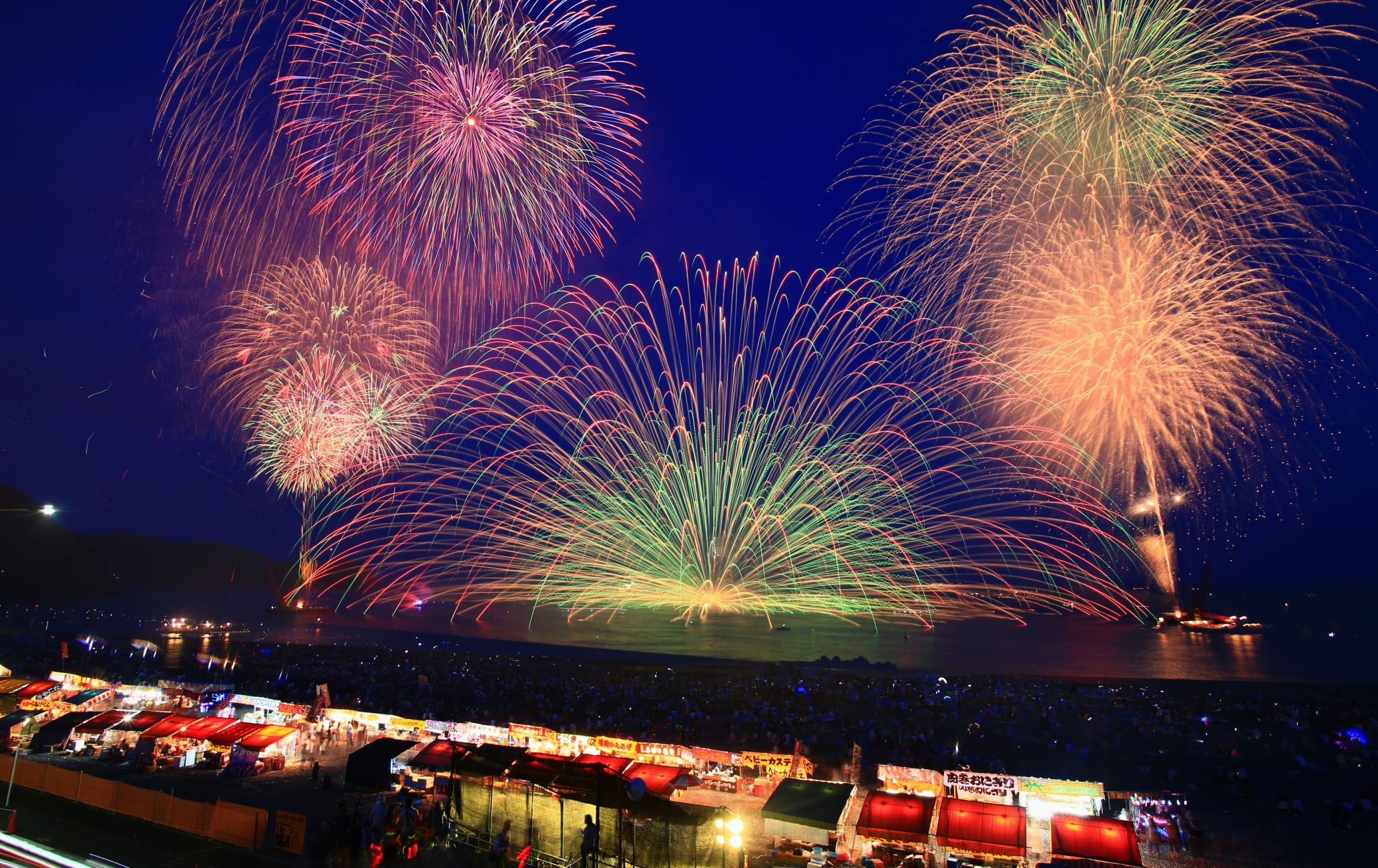Fujin's Influence On Japanese Culture And Festivals
Share

Fujin, the ancient god of wind in Japanese mythology, holds a significant place in the cultural and spiritual landscape of Japan. As a deity often depicted with a bag of winds, Fujin's influence extends beyond mere folklore; it permeates various aspects of Japanese culture, including art, literature, and, most notably, festivals. This article explores how Fujin shapes Japanese traditions, particularly through festivals that celebrate the changing seasons, agricultural cycles, and the reverence for nature.
The Origins of Fujin
Fujin's roots can be traced back to ancient Shinto beliefs, where he was revered as a powerful force of nature. He is often portrayed alongside Raijin, the god of thunder, symbolizing the duality of natural elements. Together, they embody the balance of destruction and creation, a theme prevalent in Japanese culture. Understanding Fujin's origins helps to appreciate the depth of his influence on festivals and cultural practices.
Fujin in Art and Literature
Fujin's presence is vividly illustrated in traditional Japanese art, ranging from paintings to sculptures. Artists often depict him in dynamic poses, emphasizing the swirling winds he commands. In literature, Fujin appears in various tales, symbolizing the unpredictable nature of life and the importance of harmony with the environment. These artistic representations and narratives contribute to a cultural understanding of Fujin as not just a deity, but a vital element of the Japanese worldview.
Festivals Celebrating Fujin
1. The Kanda Matsuri
The Kanda Matsuri, held in Tokyo, is one of the most famous festivals in Japan, celebrated in mid-May. This festival honors the Kanda Myojin Shrine, where Fujin is revered among other deities. The festival features a grand procession with floats, traditional music, and dance, showcasing the cultural heritage of the region. Participants often wear elaborate costumes, reflecting the historical significance of the event.
2. The Aoi Matsuri
Held in Kyoto on May 15th, the Aoi Matsuri is another festival that pays homage to Fujin. The festival's name translates to "Hollyhock Festival," and it includes a procession from the Imperial Palace to the Kamo Shrines. Participants dress in Heian period attire, and the event is marked by rituals to ensure a good harvest and favorable winds, directly linking Fujin's influence to agricultural prosperity.
3. The Gion Matsuri
The Gion Matsuri, celebrated in July, is one of the most famous festivals in Japan. While it primarily honors the deity of the Yasaka Shrine, Fujin's influence is felt through the festival's connection to nature and the changing seasons. The elaborate floats, known as "yama," are decorated with beautiful textiles and symbolize the winds that Fujin controls. The festival culminates in a grand procession, attracting thousands of visitors each year.
The Symbolism of Fujin in Modern Culture
Fujin's influence extends into contemporary Japanese culture, where he is often referenced in various forms of media, including anime, manga, and video games. His character embodies the spirit of resilience and adaptability, qualities that resonate with the Japanese people. This modern representation keeps Fujin's legacy alive, ensuring that future generations appreciate his significance.
Weather and Festivals
Understanding the seasonal aspects of Fujin's influence is crucial for experiencing Japanese festivals. The best time to visit Japan for these celebrations is during the spring and summer months when many festivals take place. The weather is generally mild, with temperatures ranging from 15°C to 30°C (59°F to 86°F), making it ideal for outdoor festivities.
Traveling to Japan for Festivals
If you're planning to experience the vibrant culture of Japan and its festivals, consider booking your flights and accommodations in advance. Popular festivals attract large crowds, so securing your stay early can enhance your experience.
- Hotels & Flights: Book your stay here!
- Transfers: Arrange your travel here!
Conclusion
Fujin's influence on Japanese culture and festivals is profound and multifaceted. From ancient mythology to modern representations, his presence is woven into the fabric of Japanese life. Festivals celebrating Fujin not only honor this powerful deity but also reflect the deep connection between the Japanese people and the natural world. As you plan your visit to Japan, immerse yourself in these vibrant celebrations, and feel the winds of Fujin guiding your journey.




